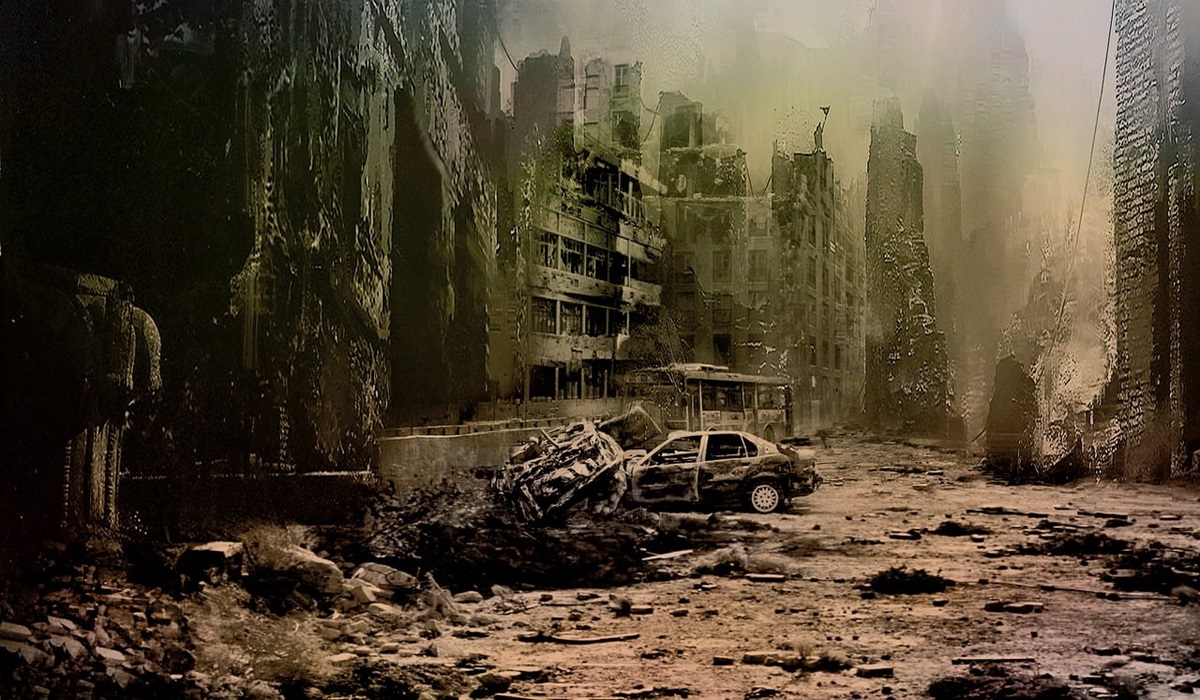In the timeless adage, “to the victor go the spoils,” lies a complex quandary that humanity has grappled with for centuries. The notion suggests that triumph in conflict yields rewards, but what if the spoils are not riches or glory, but instead, devastation and destruction?
Consider this: is it truly a spoil if there is nothing left but ruin? When the dust settles and the guns fall silent, the victorious party may find themselves standing amidst the rubble of what was once vibrant civilization. The cost of victory becomes apparent as they survey the desolation that stretches before them.
To the victor, there will be a heavy financial burden to bear in rebuilding what has been lost. The task is not merely to reconstruct infrastructure but also to heal wounds, both physical and psychological, inflicted upon populations caught in the crossfire. The true spoils of war, then, may be far from what the victor envisioned.
But why do we go to war in the first place? This age-old question has puzzled thinkers and leaders alike throughout history. While noble ideals such as defense of one’s homeland or liberation from oppression are often cited as motivations, the reality is often more complex.
Many observers argue that wars are, in fact, profitable business ventures for certain entities. Nowhere is this more evident than in the United States, where the military-industrial complex has become deeply entrenched. Politicians, driven by campaign donations and funding from big businesses tied to the defense industry, find themselves entangled in a web of interests where war becomes a lucrative enterprise.
It’s a grim reality that certain nations may enter into conflicts not out of necessity or principle, but simply because it serves their interests to do so. Whether it’s toppling an unfavorable government or asserting dominance in a region, the lines between genuine threats and manufactured crises can blur.
The ability to meddle, manipulate, and interfere in the affairs of others has become a tool of statecraft for many powerful nations. The consequences, however, are borne not by those who wield such power but by the innocent lives caught in the crossfire.
So, what are the spoils to the victor in this modern age of warfare? When the smoke clears and the true cost of conflict is laid bare, it becomes apparent that victory is often a hollow triumph. The spoils are not riches or glory but rather the burden of rebuilding shattered lives and fractured societies.
To truly stop wars, we must confront the underlying motives that drive nations to conflict. We must challenge the notion that war is a viable solution to geopolitical disputes and instead prioritize diplomacy and cooperation. Only then can we break free from the cycle of destruction and truly build a world where peace reigns supreme.









